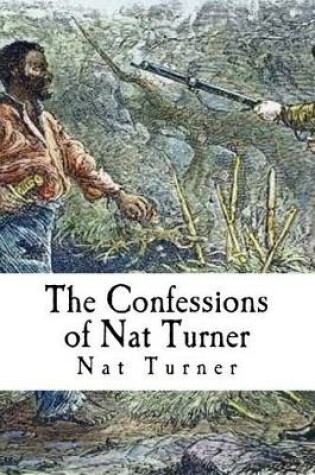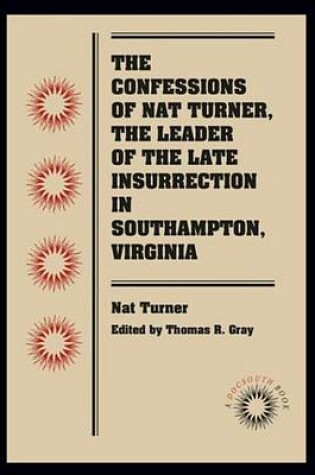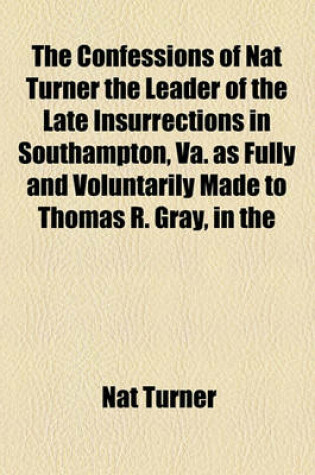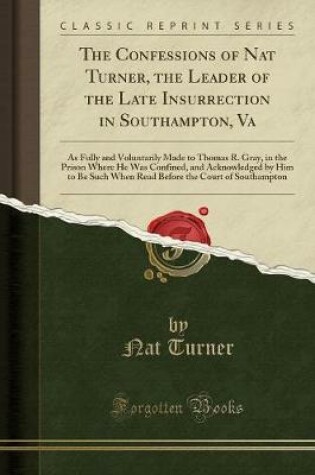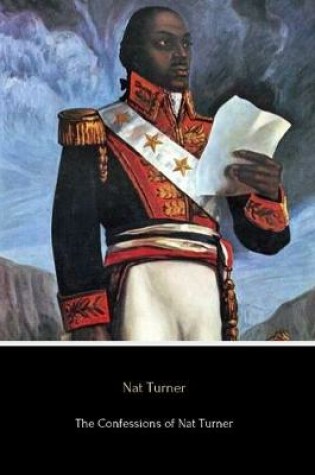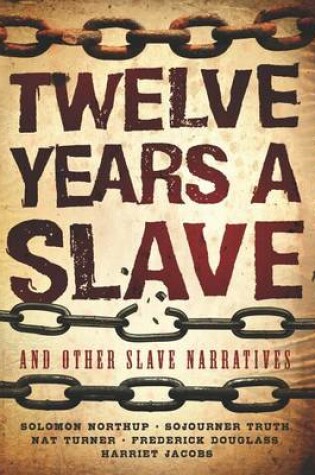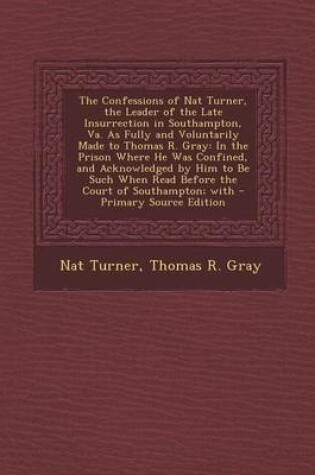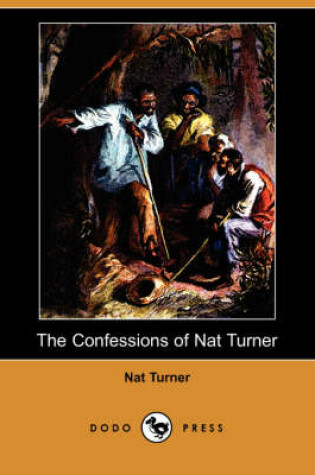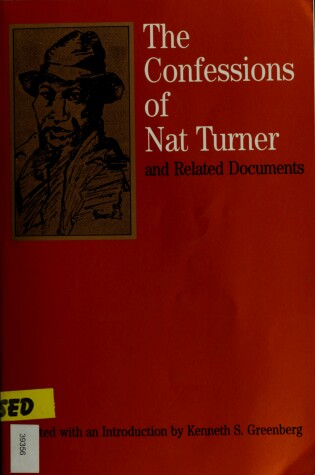Nat Turner (1800-1831) was an African American preacher and rebel. Born into slavery in Southampton County, Virginia, Turner learned to read and write as a boy. Known for his devotion to prayer and the Bible, Turner often spoke of receiving visions from God. At 21, he escaped slavery for a month before returning to Samuel Turner. Sold to Thomas Moore, he was working in the fields one day in 1824 when he foresaw a day of judgment ahead. He began preaching to enslaved African Americans and white Southerners alike, gaining a reputation as "The Prophet." In 1831, after witnessing a solar eclipse, he began preparation for his rebellion by purchasing muskets and gathering his closest allies. On August 21st, he gathered around 70 enslaved and free African Americans, many of them armed and on horseback. Over the next several days, the rebels moved from house to house, freeing slaves and killing the slaveowners they encountered. Soon, a state militia arrived to strike down the insurrectionists, leading to the execution of over a hundred Black people in the area. Captured six weeks later, Turner was tried on November 5th and hanged on November 11th. His last words at the trial, reportedly, were "Was Christ not crucified?" Despite the failure of the insurrection, Turner and his allies have been recognized for their commitment to Black liberation for giving their lives to defend their people from injustice, enslavement, and persecution. Using jailhouse interviews with Turner and independent research, Thomas Ruffin Gray, an attorney who represented some of the rebels, published The Confessions of Nat Turner (1831). Since his execution, Turner has inspired generations of activists, artists, and political figures alike with his commitment to revolutionary action and moral indignation regarding the institution of slavery.
